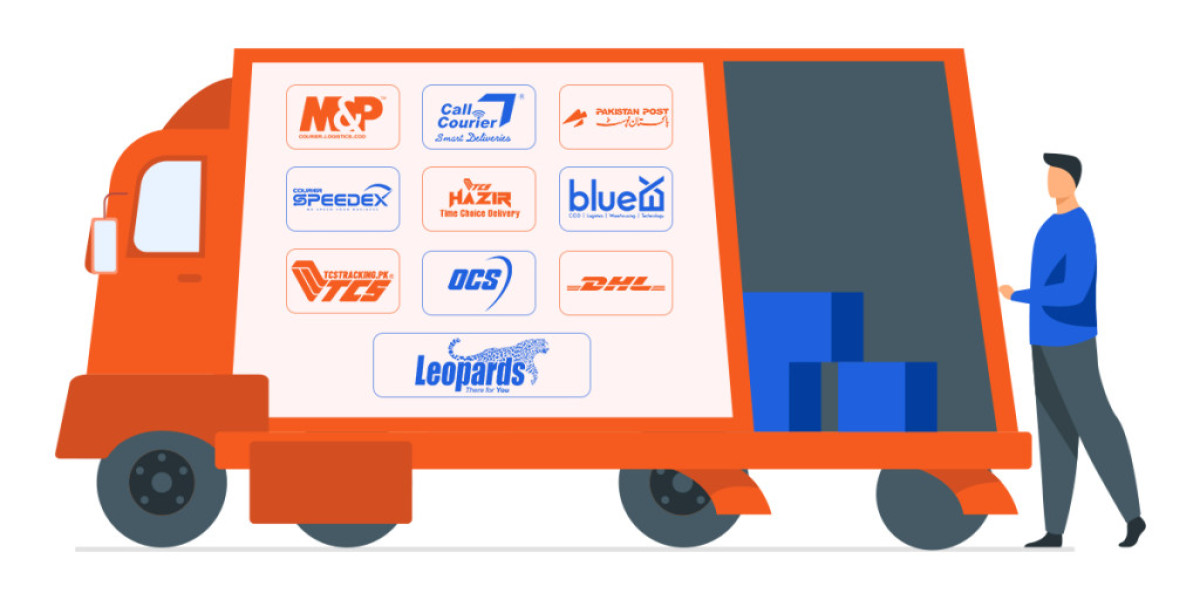In today's fast-paced world, the need for efficient parcel delivery services has become increasingly important. With the rise of e-commerce, businesses and consumers alike rely on these services to ensure that goods reach their destination quickly and safely. This article will delve into the various aspects of parcel delivery service, including how they work, the different types of delivery options available, key factors to consider when choosing a service, and tips for ensuring successful parcel delivery.
Understanding Parcel Delivery Services
Parcel delivery services are companies that specialize in transporting packages from one location to another. They play a crucial role in facilitating trade, commerce, and personal communication by ensuring that parcels are delivered promptly and securely. These services can be broadly categorized into two main types: domestic and international delivery.
Domestic Delivery
Domestic parcel delivery refers to the transportation of packages within a specific country. This type of service is often used by businesses and individuals to send items such as documents, gifts, and merchandise to recipients located within the same nation. Domestic delivery options can range from same-day services for urgent shipments to standard services that take several days for delivery.
International Delivery
International parcel delivery involves shipping packages across national borders. This process can be more complex due to customs regulations, import/export restrictions, and varying delivery times. When sending parcels internationally, it’s essential to understand the documentation requirements and potential tariffs that may apply to the shipment. Companies that offer international delivery services typically have established networks and partnerships to facilitate smooth cross-border shipping.
Types of Delivery Options
Parcel delivery services offer various delivery options to accommodate different needs and budgets. Here are some of the most common delivery options available:
Standard Delivery
Standard delivery is the most cost-effective option for sending parcels. While it may take longer than express services, it is suitable for non-urgent shipments. Standard delivery typically takes between three to seven business days, depending on the distance and carrier used.
Express Delivery
Express delivery services prioritize speed, ensuring that parcels are delivered within a shorter time frame, often within one to three business days. This option is ideal for time-sensitive shipments, such as last-minute gifts or urgent business documents. Keep in mind that express delivery usually comes at a higher cost than standard delivery.
Same-Day Delivery
Same-day delivery is the fastest option available, allowing parcels to be delivered on the same day they are sent. This service is often utilized by businesses for critical documents or by individuals for urgent items. Same-day delivery is typically limited to local areas and may involve additional fees due to the expedited nature of the service.
Scheduled Delivery
Scheduled delivery allows customers to choose a specific date and time for their parcel to be delivered. This option is particularly beneficial for individuals and businesses that require precise delivery timing. Scheduled delivery may come at an additional cost, but it provides added convenience for recipients.
Key Factors to Consider When Choosing a Parcel Delivery Service
When selecting a parcel delivery service, it’s essential to consider several factors to ensure you choose the right option for your needs:
Reputation and Reliability
The reputation of the delivery service provider is crucial. Research customer reviews and testimonials to assess the reliability and trustworthiness of the company. A reputable service will have a proven track record of delivering parcels safely and on time.
Cost
Delivery costs can vary significantly between providers and service options. Compare prices among different companies to find a service that fits your budget. However, keep in mind that the cheapest option may not always be the best choice; consider the service's reliability and reputation.
Delivery Speed
Consider how quickly you need your parcel to arrive at its destination. If time is of the essence, prioritize providers that offer express or same-day delivery options. For less urgent shipments, standard delivery may be sufficient.
Tracking Services
Many parcel delivery services provide tracking options that allow you to monitor the status of your shipment in real time. Tracking services can provide peace of mind and help you stay informed about your parcel's journey.
Customer Support
Good customer support is essential when dealing with parcel delivery services. Look for companies that offer accessible customer service channels, such as phone support, live chat, or email assistance. This can be particularly helpful in case of delays, lost parcels, or other issues.
Tips for Successful Parcel Delivery
To ensure a smooth and successful parcel delivery experience, consider the following tips:
Proper Packaging
Use sturdy and appropriate packaging materials to protect your items during transit. Make sure to cushion fragile items and seal packages securely to prevent damage. Using high-quality packing tape and boxes will enhance the safety of your shipment.
Accurate Address Information
Double-check that the recipient's address is correct and complete. Missing or incorrect address information can lead to delays or failed deliveries. Always include any relevant details, such as apartment numbers or business names.
Documentation for International Shipments
When sending parcels internationally, ensure that you complete all necessary customs documentation accurately. Include a detailed description of the contents, their value, and any applicable tariffs or duties. Failure to provide the correct information can result in customs delays or additional charges.
Insurance Options
Consider purchasing insurance for valuable or fragile items. Many parcel delivery services offer insurance options to cover potential losses or damages during transit. This can provide peace of mind, especially for high-value shipments.
Check for Delivery Restrictions
Different carriers may have specific restrictions on what can and cannot be sent. Check the delivery service’s guidelines for any prohibited items or special requirements. Familiarizing yourself with these restrictions can prevent issues during the shipping process.
Conclusion
Parcel delivery services play a vital role in our increasingly interconnected world, allowing individuals and businesses to send packages quickly and efficiently. By understanding the different types of delivery options available, key factors to consider when choosing a service, and tips for ensuring successful delivery, you can make informed decisions that best suit your needs. Whether you're sending a birthday gift, important documents, or merchandise, selecting the right parcel delivery service will ensure your items arrive safely and on time.

